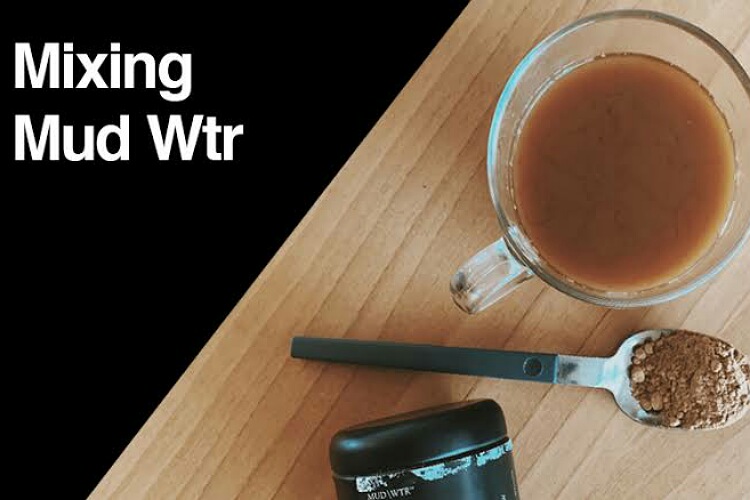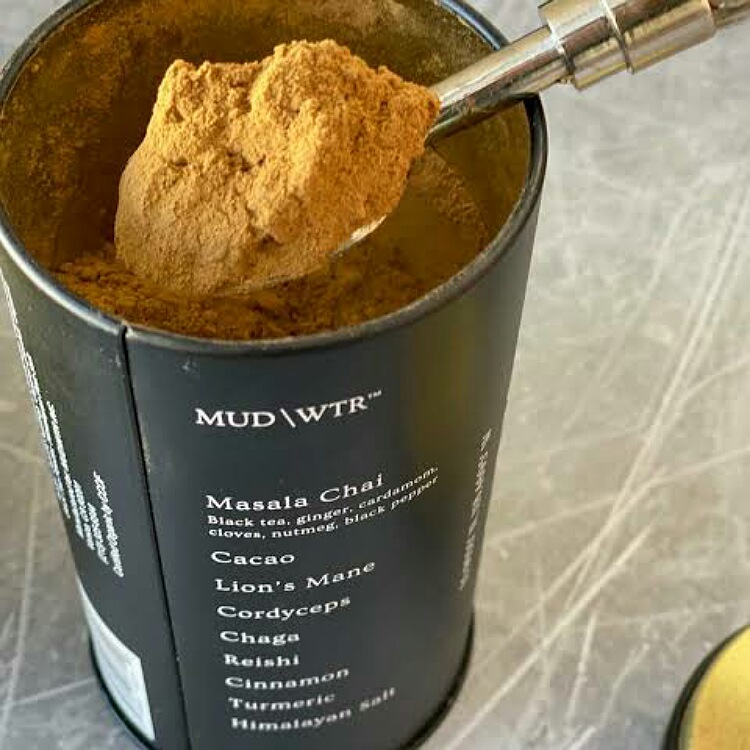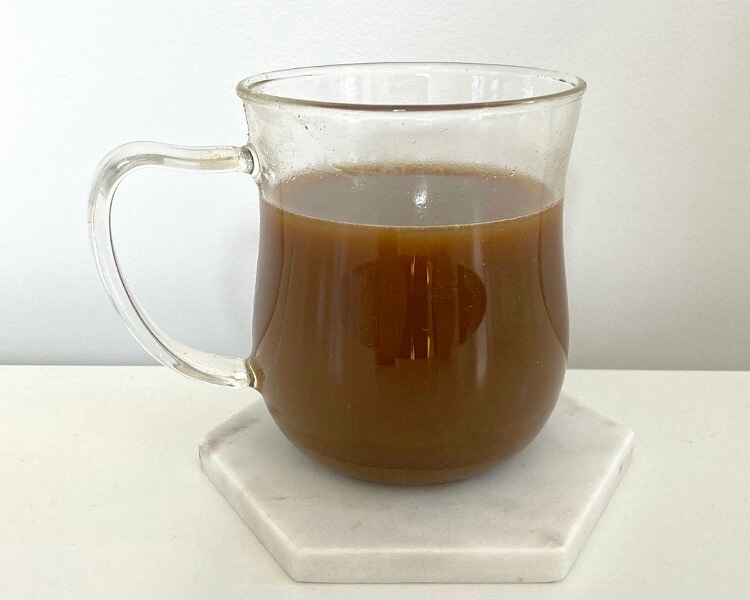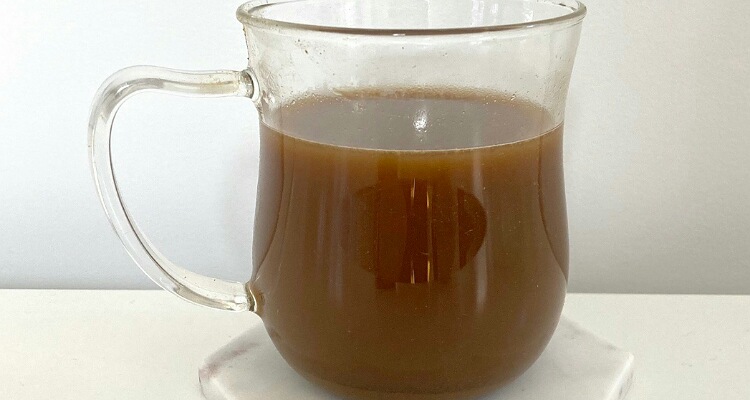Mud drinks are commonly spotted on social media ads. Many social media influencers and your favorite celebrities are promoting them.
Therefore, you are tempted to try them. But what are mud drinks? Are they nutritious and safe?
Mud drinks
Social media platforms are flooded with ads and promotions for mud drinks. What are these drinks? Are they healthy?
Mud drinks are coffee alternatives. Mud/water is one of them. Their website claims:
“Mud/wtr is a coffee alternative made with organic ingredients celebrated by cultures young and old for their health and performance benefits. With a fraction of the caffeine found in coffee, you get focus, energy and immunity without the jitters,
crash and dependency.”
It is supposedly a new morning ritual. There are claims that it has antioxidants that can help memory, immune function, digestion, mood, cognition, and the body’s reaction to inflammation.

Also as compared to coffee, its flavor is less bitter, earthier, and spicier. The natural sweetness most likely comes from cinnamon.
Add one tablespoon with about 8 ounces of hot water for a coffee alternative. You can add sweetener and creamer if you desire. But what exactly do these drinks contain?
The ingredients of these drinks
The branded mud drink has only one-seventh of the caffeine that would be present in a cup of coffee. Despite its name, it is not coming from mud.
It is brown and it contains mushroom-based adaptogens, cacao powder, black tea, herbs, and spices. Caffeine comes from cacao powder and black tea.
Companies market it as powdered wellness drinks. Jenna Litt, a nutritionist from Lenox Hill Hospital, New York says:
“While powered wellness drinks are very popular, seem convenient and may be portrayed as being ‘healthier’ than alternatives, a lot of the time these drinks are purely marketing ploys,”

Dietitian Laura Ligos feels that coffee is not all that unhealthy and has its health benefits. Laura explains:
“However, caffeine can have negative effects on people’s stress response and ability to sleep so I do have many clients who benefit from lowering or eliminating caffeine intake.”
Approach towards people with regular coffee jitteriness
Laura will first properly study the drinking habits of those who get jitteriness with coffee. She elaborates on the analysis:
“However, caffeine can have negative effects on people’s stress response and ability to sleep so I do have many clients who benefit from lowering or eliminating caffeine intake.”
And she recommends for health:
1. To eat sufficiently and good
2. To take lots of fruits and vegetables for minerals and vitamins
3. Have lots of water and liquids to stay hydrated
4. To have at least 7 to 8 hours of sleep per day
5. And to minimize the stress of life.

She continues:
“From there, I recommend just moderating caffeine intake or switching to decaf,”
For people who still have problems after the above adjustments, a mud drink would be a better choice. As regards the celebrities, Laura says:
“What works for them may not work for you and you don’t truly know if they are taking it or just getting paid to talk about it.“
Read more High-fat diet, obesity, and hair loss!
These drinks are expensive and not available easily. The supportive evidence for the claims is lacking.
